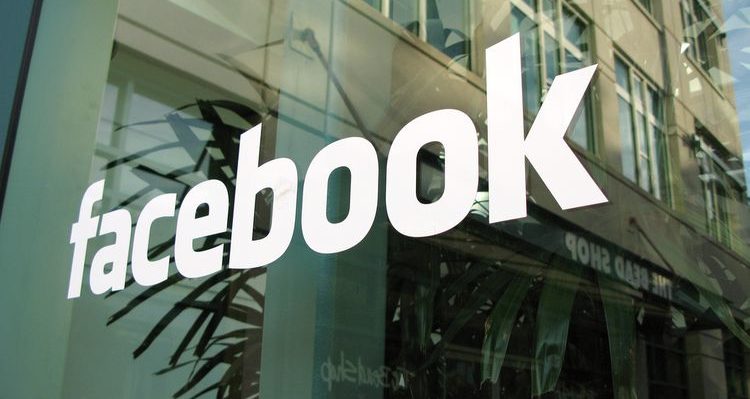
Photo Credit: Google Images
Football is finally here again, and that means your social media feeds are probably filling up with stories, narratives and injury reports straight from the gridiron and locker room. The problem is that some of these stories almost seem like they were specifically manufactured for social media in order to get fans’ attention before the start of the season – like that whole Antonio Brown helmet controversy. Which, of course, raises an interesting question: Has football gone too far when it comes to its embrace of social media?
The case against social media
The biggest problem, of course, is that social media enables star players to hijack their teams’ PR strategy for the season. A football team that might have gone into the season trying to downplay fan expectations and position the season as a rebuilding year might have to go into damage control mode if players start talking up the team’s Super Bowl aspirations. The opposite case could be true, also – a hopeful narrative about a downtrodden team’s return to playoff contention might be torpedoed by a bunch of negative social media posts questioning a player, coach, or owner.
Moreover, efforts by the PR team to create, nurture or maintain the image of stars and superstars could be impacted as well. For example, the hopes of a team to position a fan favorite as a Hall of Fame-worthy veteran preparing for a final, spectacular goodbye might be hijacked if the chatter on social media is that the player is “done” and that some unheralded rookie deserves a shot at the starting job. (Yes, New York, we’re looking at you and QB Eli Manning)
The case for social media
It wasn’t supposed to be this way. When the NFL first embraced social media, it was supposed to be all about fan engagement and feeding into fans’ insatiable appetites for stories and plotlines about different players – not just through the off-season (when even diehard NFL fans are probably turning their attention to other sports like basketball or baseball), but also throughout the regular season. Social media represented an affordable, easy way to give fans exactly the content that they wanted.
On the surface, this argument makes a lot of sense. For small- and mid-market teams, especially, an enhanced social media presence is one way to raise the stature of a team on a national level. The Cleveland Browns, for example, have a social media-ready star in Baker Mayfield, and all the supporting pieces seem to be coming together for the Browns to become a team that people around the nation follow. For large-market teams, social media became a way to support a lot of the unsung players that are the cornerstone of championship runs. After the Philadelphia Eagles won the Super Bowl, for example, people suddenly had a desire to follow guys in the trenches (like DE Vinny Curry aka @MrGetFlee99 on Twitter) or up-and-coming stars due for a breakout (like RB Josh Adams, aka @DocterAdams_from_Uptown on Instagram).
Clemson’s alternative path
However, to conclude that every football team needs to create an active social media strategy is unfounded. Take, for example, a team like college football’s Clemson Tigers. For several years now, the team has had a strict “no social media during the season” policy. In part, this is done to protect the players from making any comments publicly they might regret later. And, in part, it is part of a strategy to keep players focused on the game itself, and not to get distracted by social media. Players are not allowed to post to Facebook, Twitter, Instagram or any other social media platform throughout the year, but they are allowed to monitor those pages. It’s a controversial strategy – especially among some folks at ESPN that feel like they’ve been shut out of a very valuable source of new stories – but one that, in the long run, helps to cement an ongoing philosophy of football known as “the Clemson way.”
That being said, it might be time for the NFL to rethink its anything-goes social media strategy. Yes, there is value in stoking fan excitement about the start of a new season. And, yes, there is value in creating buzz around certain players by listing all their social media accounts. But do we really want to go through another season of Antonio Brown doing Antonio Brown things, and Odell Beckham Jr. doing Odell Beckham Jr. things? Some things, it seems, really shouldn’t be part of social media. Let what happens on the field speak for itself.